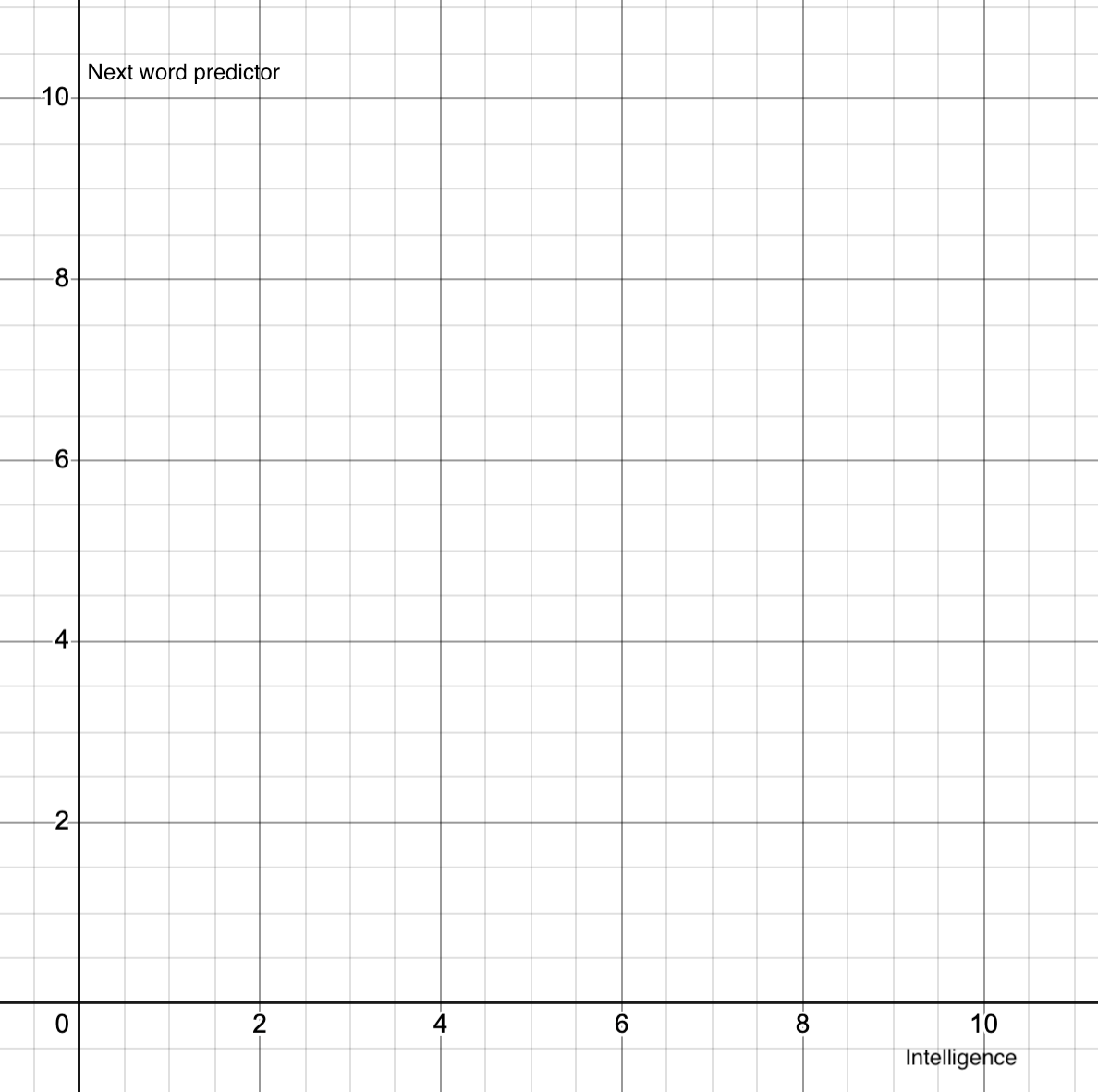this post was submitted on 21 Sep 2024
52 points (79.5% liked)
Asklemmy
48833 readers
354 users here now
A loosely moderated place to ask open-ended questions
If your post meets the following criteria, it's welcome here!
- Open-ended question
- Not offensive: at this point, we do not have the bandwidth to moderate overtly political discussions. Assume best intent and be excellent to each other.
- Not regarding using or support for Lemmy: context, see the list of support communities and tools for finding communities below
- Not ad nauseam inducing: please make sure it is a question that would be new to most members
- An actual topic of discussion
Looking for support?
Looking for a community?
- Lemmyverse: community search
- sub.rehab: maps old subreddits to fediverse options, marks official as such
- [email protected]: a community for finding communities
~Icon~ ~by~ ~@Double_[email protected]~
founded 6 years ago
MODERATORS
you are viewing a single comment's thread
view the rest of the comments
view the rest of the comments

They're still much closer to token predictors than any sort of intelligence. Even the latest models "with reasoning" still can't answer basic questions most of the time and just ends up spitting back out the answer straight out of some SEO blogspam. If it's never seen the answer anywhere in its training dataset then it's completely incapable of coming up with the correct answer.
Such a massive waste of electricity for barely any tangible benefits, but it sure looks cool and VCs will shower you with cash for it, as they do with all fads.
They are programmatically token predictors. It will never be "closer" to intelligence for that very reason. The broader question should be, "can a token predictor simulate intelligence?"